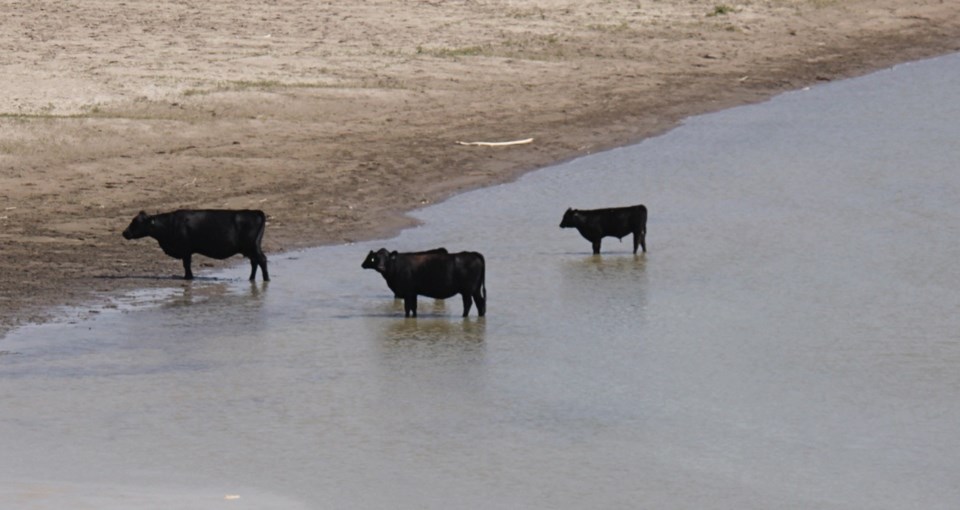Years ago when Saskatchewan Agriculture promoted diversity in crops, some area farmers tried the program.
One of them grew organic herbs. Organic farming takes a lot of management – detailed records of crop seeding, tillage, harvest transport and storage.
Wanting to learn more, the herb grower took in some farming conferences and returned somewhat dejected.
Considering the amount of record keeping speakers predicted in future for all types of agriculture, he wasn’t sure he wanted to stay in the business.
A recent Canadian Taxpayers Federation survey showing 69 per cent of farmers wonder if the red tape makes it worthwhile encouraging children to take over the family farm indicates the herb farmer was right.
The farm industry is about one generation away from the days when many found a shoe box full of bills, receipts and cancelled cheques was all the records needed for income tax or anything.
How that has changed!
The first major records need came when the GRIP farm safety net came into play. Farmers needed production data and acreage data.
Over the years, record-keeping became more important for safety net programs, crop insurance, banking, chemical use with GPS.
It’s safe to say, today’s farmer has multiplied records and their management many times more than the last generation of farmers.
More recently, cattle producers need to ear tag and record all animals, in what was once a voluntary program. In the last year, cattle producers need prescriptions for cattle medicine. Wait until they need to keep detailed records of use.
The Canadian Agricultural Partnership (CAP) offers farmers excellent grants to encourage certain best practices and profit increases.
Under the invasive plant control and targeted grazing, CAP offers 50 per cent of costs up to $45,000 each year. The permanent forage programs offer up to $10,000 funds.
The livestock stewardship program offers up to $100,000 to relocate livestock facilities away from water drainage or water sources, just to name a few.
All these programs have one feature in common — keeping good records. Many have an audit requirement every five years.
The point is that keeping records (read red tape) will continue to grow in the agriculture industry. No one is trying to make farming any more difficult by demanding records.
The demand by countries buying our food products and their consumers for safe food drives these programs. If consumers aren’t satisfied about food safety, Canadian farmers will lose markets, period.
Just as vehicle owners expect the manufacturer to contact all owners at once about a recall, food retailers and consumers expect the same detailed process with the food they eat.
Increasing rules and red tape are a hallmark of the future for agriculture and all business. Lucky for farmers, smart phones and computers use make the development of records so much less difficult.
Ron Walter can be reached at [email protected]




